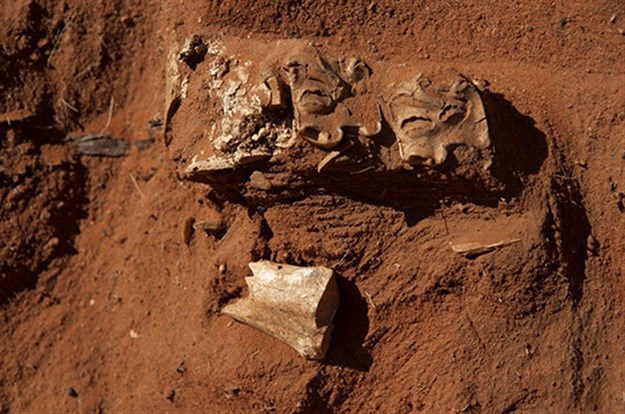
Top stories






More news

















Norton Rose Fulbright law firm acted for the museum on a pro bono basis. The University of the Witwatersrand provided support and advice to the legal team and the McGregor Museum as Canteen Kopje has been a vitally important excavation site for archaeologists from the University’s School of Geography, Archaeology and Environmental Studies.
A second legal process is now under way where the museum as well as Wits and Sol Plaatje Universities are requesting a review of the decisions made by the Department of Mineral Resources to grant a mining permit over a heritage site.
Canteen Kopje is the country’s oldest dated archaeological site. Together with the heritage of communities still living in the area, it boasts a stone age history stretching back some 2.3 million years.
Alluvial diamond mining began there on 18 March 2016 but was almost immediately halted by urgent legal action instituted by the McGregor Museum with assistance from Sol Plaatje and Wits University. The interim interdict granted on 19 March 2016 against the mining company, Jackie M Wesi Mining (Pty) Ltd, gave temporary protection, which has now been made final.
The Department of Mineral Resources, the South African Heritage Resources Agency (Sahra) and the South African Police Services were co-respondents with the mining company but decided to abide by the decision of the High Court and to not oppose the Museum’s application for a final court order.
The mining that was allowed to go ahead left a gaping hole in the middle of the site, with artefacts strewn across the damaged surface.
The national and international archaeological fraternity rallied quickly and addressed letters to the Department of Arts and Culture and Sahra calling for the mining to be stopped.
“This is a victory not just for Canteen Kopje. This interdict upholds the provisions of the National Heritage Resources Act and the procedures it requires. We came perilously close to a discrediting of authorities and laws which would have set a dangerous precedent for South African heritage as a whole,” Professor David Morris, head of Archaeology at the McGregor Museum, says.
It remains to be understood how the provisions of minerals and heritage legislation had failed to protect the declared heritage site in the first place.
In this regard, Lara Granville, a director from Norton Rose Fulbright, says that the McGregor Museum, together with the University of the Witwatersrand and Sol Plaatje University, have also launched a review of the decisions of the Department of Mineral Resources to grant a mining permit over the heritage site; and of the decision of Sahra to lift a cease works order over the site.
That application is aimed at securing the protection of such cultural and historical sites into the future, and ensuring that administrative agencies abide by the legislative requirements to protect our heritage.